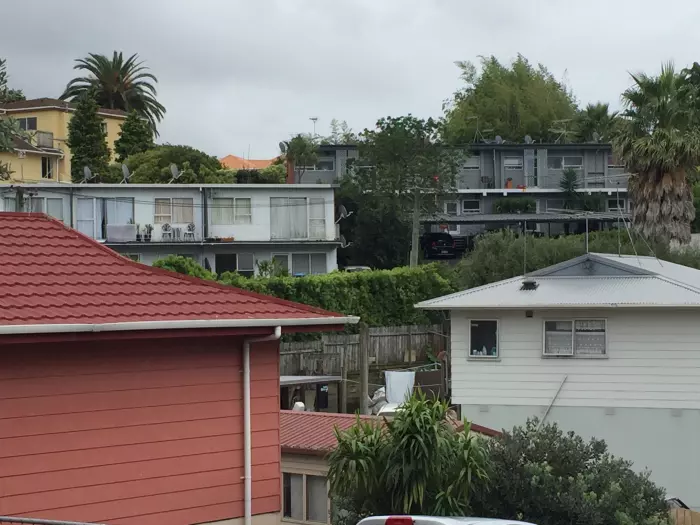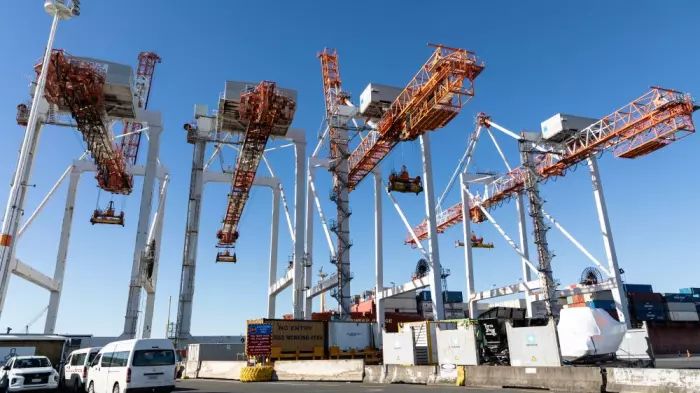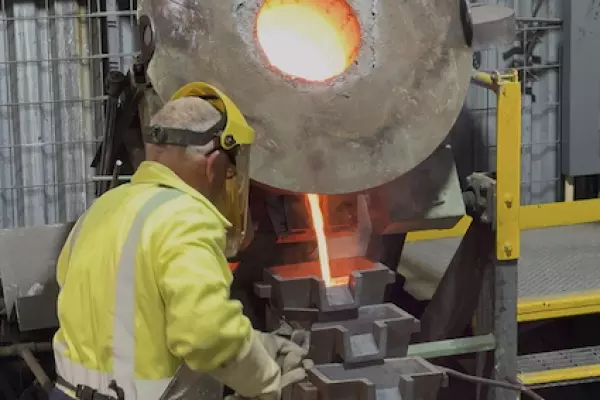Flatlining rental prices are likely to be a brief reprieve for tenants as landlords start ratcheting up prices to meet the cost of new healthy homes regulations.
Trade Me’s latest rental price index shows rental price increases slowed to a modest 2 percent for the 12 months through August, with traditional student and migrant worker strongholds of Auckland city, Otago and Wellington at the same, or lower levels than charged a year earlier.
The index, which uses the rounded median rent across the auction site’s 11,000 new property rentals for each month, shows Wellington weekly rentals stalled at a median of $550 last month, while Auckland one and two bedroom rentals were unchanged at $490 over the last 12 months. In student heavy Dunedin, the median weekly rent dipped 2.1 percent to a median of $470.
Trade Me property spokesperson Aaron Clancy said the ‘pause’ in rental increases couldn’t be attributed to the government’s covid related rental price freeze, because it only applied to existing tenancy agreements.
Nor, are stagnant prices likely to last long, he warned. Landlords who need to get their rentals up to spec to meet the new healthy homes regulations and standards - including the cost of inspections and improved heating or damp elimination - will “undoubtedly pass those costs on.”
Pass it on
A recent survey of its members by the NZ Property Investors' Federation put the cost of getting a property to standard at between $15 and $25 a week, with the majority of owners planning to pass that onto tenants.
But Clancy acknowledged the unchanged rental profile in Wellington was “particularly surprising” given the huge rental growth of the past few years.
He attributed Wellington's first stall in rising rents in five years to an increase in smaller properties entering the market, noting listings for one and two bedroom units had increased by 13 percent last month.
In that category, Wellington prices advanced 4.2 percent to $500 over the past year while inner city rentals remained at $550 a week, the most expensive in the city.
Rental supply in Otago, meanwhile, jumped by more than a quarter last month compared to August 2019, which Clancy said followed the trend of “peaks and troughs” driven by the large student population’s rental market activity.
Quiet cities
And while the median weekly rent in Auckland was up 4 percent year-on-year, at $570 a week, inner city pricing remained static at $550 a week, also reflecting migrant worker and student demand.
Corelogic property economist Kelvin Davidson said the rental market was reflecting pressure on household incomes, particularly for younger people who tended to be tenants.
“Landlords are recognising that it’s not as easy to push through rent increases as it has been, even if they’d like to given the higher costs of being a landlord,” he said.
Another factor, he said, is the higher number of investors “still piling into the property market” on the strength of lower interest rates, which is raising the number of properties actually available for rent.














